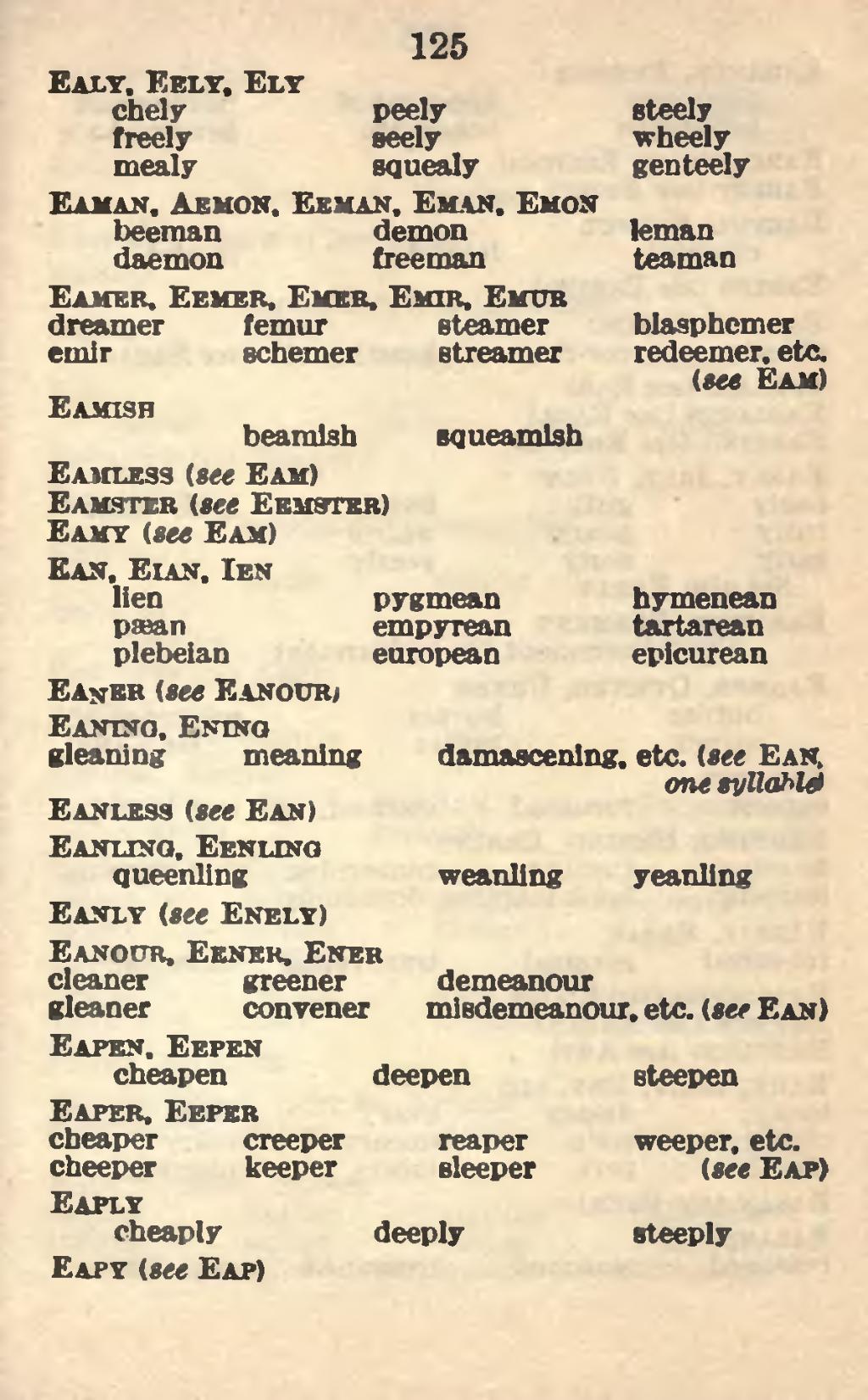 I recently caught up with my colleague Simon Jarvis’s essay ‘Why Rhyme Pleases‘, which sets out to redeem the sound-effects of poetry from centuries of denigration. Borrowing terms from Protestant attacks on Catholic devotion, critics have long written rhyme off as a superficial jingling, a ‘trifling and artificial ornament’, a trinket or fetish. Manly, heroic poets (the archetype here being Milton, who rejected rhyme as ‘the invention of a barbarous age, to set off wretched matter and lame metre’) should have nothing to do with it. So ran the received wisdom, although most poets carried on regardless, at least until the advent of modernism.
I recently caught up with my colleague Simon Jarvis’s essay ‘Why Rhyme Pleases‘, which sets out to redeem the sound-effects of poetry from centuries of denigration. Borrowing terms from Protestant attacks on Catholic devotion, critics have long written rhyme off as a superficial jingling, a ‘trifling and artificial ornament’, a trinket or fetish. Manly, heroic poets (the archetype here being Milton, who rejected rhyme as ‘the invention of a barbarous age, to set off wretched matter and lame metre’) should have nothing to do with it. So ran the received wisdom, although most poets carried on regardless, at least until the advent of modernism.
To redeem rhyme, Jarvis turns to Alexander Pope, supposedly a poet of neoclassical order and balance, but in his view an intoxicatingly musical writer whose rich sound-world now goes largely unappreciated. A key exhibit here is The Rape of the Lock, which captures the bewitching materiality of the modern world in its bewitchments of sound:
“That Pope’s style was habitually and routinely by everyone described as ‘polished’—this itself testifies to a felt link between the intensively worked-over surface of his verse and the gleaming cabinets, tables, canes and snuff-boxes evoked in The Rape of the Lock.”
At the end of the essay, Jarvis piles up all the qualities that Pope’s contemporaries ascribed to his writing: “its sweetness, its variety, its gay finery, its embroidery, its vivacity, its colouring, its glitterings, its flourish, its debauch, its embellishment, its enflure, its tunableness, its suavity, its easiness, its spirit, its elevation, its glare, its dazzle, its fluency, its musicality, its melodiousness”. He makes a compelling case for thinking that we have lost something vital to the appreciation of poetry–a feel for its surfaces, its textures, its elusive ways of being in the world–and that without this we may be condemned to miss the point.